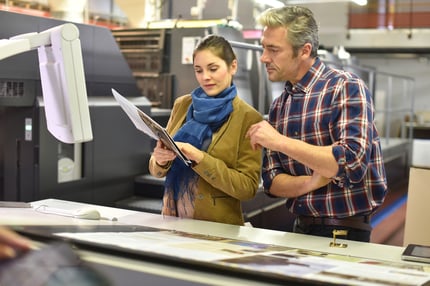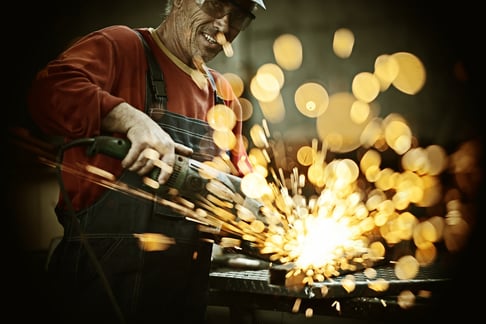
You've got a lot of equipment tied up in your aggregate, grading or earthmoving operation, but what's the value of that machinery? When you have an aggregate equipment appraisal performed on your machinery, you can find out a lot about its estimated value, expected remaining lifespan and similar information that makes it much easier to make smart decisions for your aggregate business. But what exactly is involved in the overall process? Here's a quick look at how this type of appraisal is handled and what you can expect from the results.
How is an Aggregate Equipment Appraisal Handled?
When you need to have your aggregate equipment appraised, this can cover a larger range of machinery than you might expect. Your large dump trucks, earthmoving equipment such as loaders and backhoes, crushing and screening equipment, conveyor belts and similar equipment can all be appraised by the same professional in most cases. The appraiser will need to know a range of different information, such as manufacturers, model numbers, year of manufacture, the number of hours on the equipment, the availability of any maintenance and repair records, the type of environment it's been used in and similar information.
But why is all of this information necessary for the appraisal process? Much like with used cars and trucks, some manufacturers and models have a better reputation than others with regards to quality and longevity. This reputation and the performance that has built it will impact the future overall useful life of the equipment, which in turn has a strong impact on the equipment's market value.
Similarly, from a condition viewpoint, a piece of equipment that has obvious signs of abuse or neglect is going to have a lower resale value than one that has been well-cared for over the years. If the assets have been well maintained, including taking the time for necessary component rebuilds and replacements completed over its lifespan, the effective age of the machine as a whole will be less than the chronological age, which can play a significant role in appraised value. All of these factors can impact your equipment's current fair market value.
Once that information has been gathered, the appraiser will work through the available market data and analysis to estimate your equipment's value. This information is carefully condensed into an appraisal report, which provides you with the sources and data that has gone into the overall work product. The report can then be utilized for re-financing, potential sale, insurance claims, legal settlement or any other ongoing business activity.
By having an aggregate equipment appraisal performed on your machinery, you can quickly determine the estimated value of your equipment as well as a lot of other useful information that can help you make smarter business decisions. However, this information is most accurate when you have the appraisal performed by an accredited third-party equipment appraisal specialist who doesn't have any interest in the outcome of the calculated value of your equipment the way that an equipment dealer may. Make sure to ask your prospective appraiser about their background and accreditation to ensure the best results.






